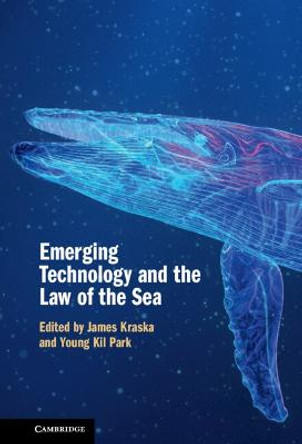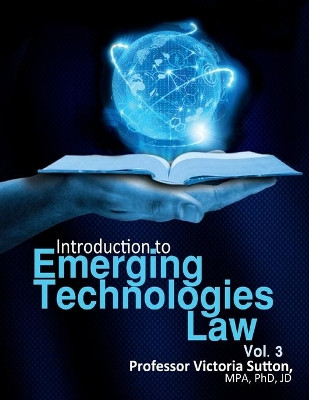Autonomous vessels and robotics, artificial Intelligence and cybersecurity are transforming international shipping and naval operations. Likewise, blockchain offers new efficiencies for compliance with international shipping records, while renewable energy from currents and waves and offshore nuclear power stations open opportunities for new sources of power within and from the sea. These and other emerging technologies pose a challenge for the governance framework of the law of the sea, which is adapting to accommodate the accelerating rates of global change. This volume examines how the latest technological advances and marine sciences are reshaping the interpretation and application of the law of the sea. The authors explore the legality of new concepts for military operations on the continental shelf, suggest remote sensing methodologies for delimitation of maritime boundaries, and offer a legal roadmap for ensuring maritime cyber security.
Leading experts in the law of the sea assess the impact of emerging technology on ocean governance.About the AuthorJames Kraska is Charles H. Stockton Professor of International Maritime Law and Chair of the Stockton Center for International Law at the U.S. Naval War College, and also Visiting Professor of Law and John Harvey Gregory Lecturer on World Organization at Harvard Law School. Young-Kil Park is Director of Law of the Sea Research Center at the Korea Maritime Institute and leads the Yeosu Academy of the Law of the Sea. Previously he was a visiting scholar in the Stockton Center for International Law at the U.S. Naval War College and the University of Rhode Island.
Book InformationISBN 9781009045438
Author James KraskaFormat Paperback
Page Count 367
Imprint Cambridge University PressPublisher Cambridge University Press









